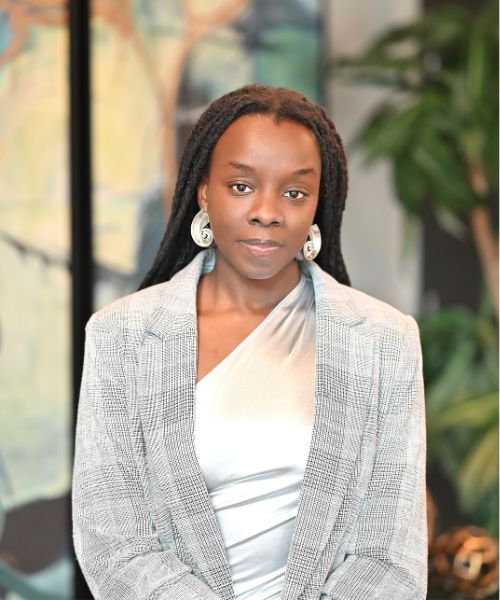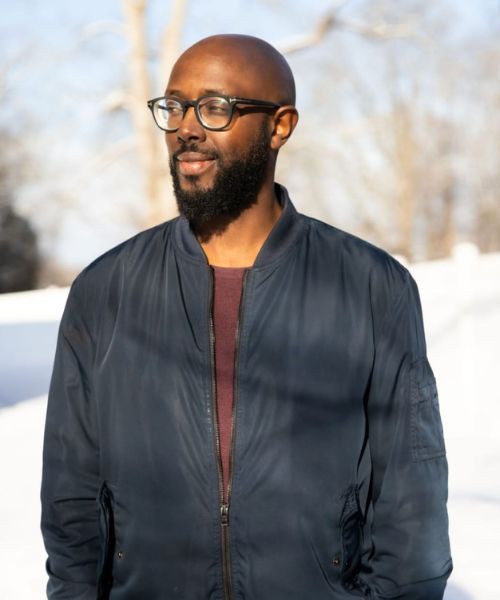“When you listen to a witness, you become a witness.” - Elie Wiesel
Genocide is a deliberate crime not only against a people’s present but against its future. In every instance, children are deeply and uniquely affected—whether as victims, witnesses, survivors, or, at times, as coerced participants. The intergenerational consequences of such violence linger long after the atrocities end, shaping the trajectories of individuals, families, and entire societies.
This webinar explored the place of children in genocidal ideologies and the role they play in the post-genocide journey of justice, memory, and healing. Rwanda offers a compelling case study: Thirty-one years ago, the 1994 genocide against the Tutsi claimed over a million lives. Of those killed, an estimated 53.7% were under the age of 24. After the genocide, Rwanda had among the highest proportions of child-headed families in the world—some 42,000 households struggling to raise an estimated 101,000 children. 90% of all surviving children had experienced the death of a close relative, and over half of the one million refugees in neighboring countries were under the age of 15. The violence extended beyond physical loss. More than 350,000 women were raped—approximately 67% between the ages of 14 and 25—and over 10,000 children were estimated to have been born of rape. In addition, at least 2,000 minors were incarcerated for genocide-related crimes.
Today, Rwanda has a median age of 20. This demographic reality makes clear that the work of memory, healing, justice, and genocide prevention must be intergenerational by design. Using Rwanda as a central case study, panelists reflected on children’s experiences during the 1994 genocide against the Tutsi, the intergenerational transmission of trauma, and how young people are engaged in post-genocide recovery and peacebuilding. By centering children and youth in these conversations, the webinar aimed to foster deeper reflection on how societies reckon with past atrocities while building resilience and a more just future across generations.
View articles, reports, books, and other resources related to the webinar.





